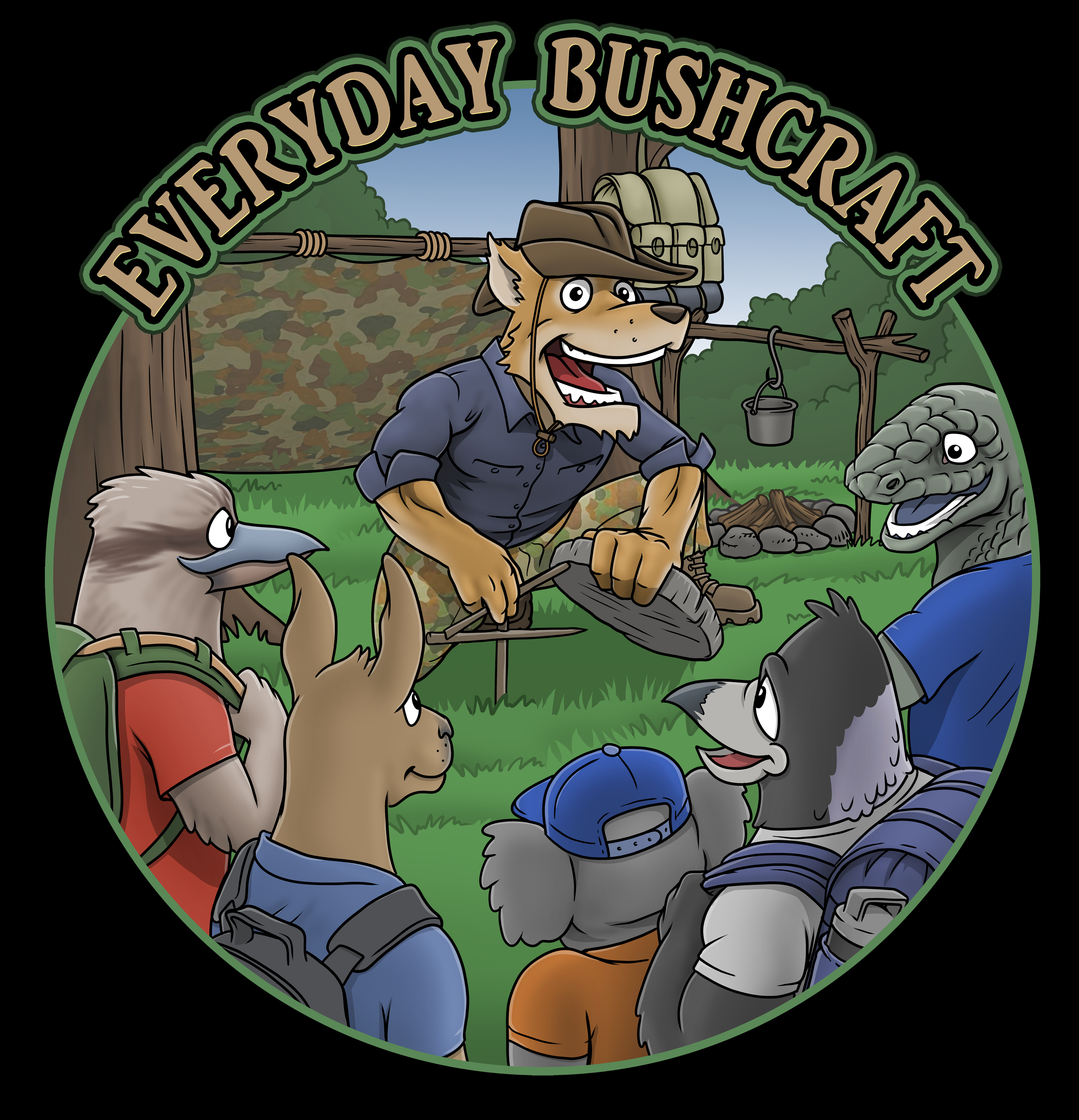
Why Knowledge Beats Kit in Survival
- gbucknell

- May 12
- 2 min read
When it comes to survival, there’s a lot of focus on gear—shiny knives, tactical backpacks, fire starters, and high-tech water filters. But the truth is, gear alone won’t save you. In fact, you could have a rucksack full of top-tier kit and still find yourself in serious trouble if you lack the most important tool of all: knowledge.
In survival, the order of priorities is clear:
The Will to Live
Knowledge
Kit
Let’s break that down.
1. The Will to Live: Your First Line of Defense
Survival begins in the mind. Without the will to live, even the best training or the most advanced equipment won’t matter. This inner drive is what pushes you to keep moving when you’re cold, wet, hungry, and scared. It’s what keeps you thinking clearly under pressure, making decisions instead of panicking. You can’t buy that kind of mindset—it’s cultivated through experience, reflection, and sometimes hardship.
2. Knowledge: Your True Survival Kit
Knowledge is what turns a stick into a spear, a rock into a cutting tool, or a wet landscape into a place where fire can still be made. It’s the mental map that helps you prioritize tasks: secure shelter, make fire, find water, stay warm.
A skilled person with nothing but the clothes on their back can survive by applying what they know. Someone without knowledge, even if fully equipped, can perish because they didn’t understand the terrain, the weather, or how to use the tools they carried.
Knowing how to tie knots, start a fire in the rain, purify water without a filter, or build a shelter with natural materials—these are the skills that matter when everything else is stripped away. Knowledge also allows you to adapt. When your kit fails, breaks, or is lost, knowledge steps in and keeps you alive.
3. Kit: Useful, but Not Everything
Don’t get me wrong—kit has its place. Good gear can make life easier, more comfortable, and sometimes safer. A sharp knife, a reliable tarp, or a quality fire starter can all be force multipliers. But gear should support your skills, not replace them.
Think of it this way: your gear is an extension of your knowledge. If you don’t know how to use it, it’s dead weight. But if you’re skilled, even basic or improvised tools become valuable. You can carry all the survival gear in the world, but if you don’t know how to use it—or more importantly, how to survive without it—you’re gambling with your life.
Final Thoughts
Survival isn’t about what you carry—it’s about what you know and how you think. The will to live keeps you in the fight. Knowledge helps you navigate the chaos. And kit, when used wisely, supports your effort.
So train your mind. Practice your skills. Understand your environment. The more you know, the less you need. And when the time comes, that knowledge could be the difference between making it out or not making it at all.
In the bush, in life, and in any crisis—knowledge will always beat kit.









Comments